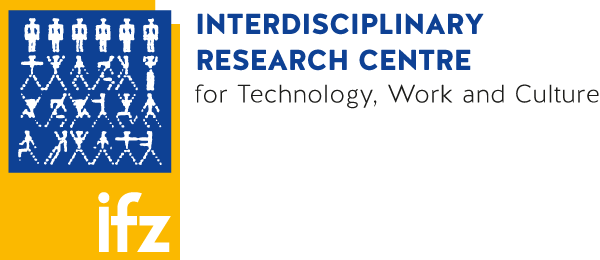€CO2-Management: Accompanying Research
The project examined the contribution of Smart Meters to the energy reduction of private homes.
Funds for Climate and Energy; Programme „New Energies 2020“
2009-2012
- Karl-Franzens-Universität Graz, Wegener Zentrum für Klima und Globalen Wandel (Projektleitung)
- Joanneum Research, Institut für Energieforschung, Graz
- Österreichische Akademie der Wissenschaften, Institut für Technikfolgenabschätzung, Wien
- Grazer Energieagentur
A significant proportion of the Austrian greenhouse gas emissions is caused by energy use in households, which has grown steadily in recent years. In its Action Plan on energy efficiency, the European Union has set the goal to reduce energy consumption by 20 percent in 2020. The contribution of Smart Meters to reach this goal was examined in this project. A team of psychologists, sociologists, environmental scientists, and experts of other disciplines explored incentives, user behaviour, and impacts in relation to the use of Smart Meters. The project team worked closely together with utility companies and industry.
300 test homes in Carinthia and Styria received a smart meter. This showed the current energy consumption in real time, thereby giving the occupants a direct feedback on their usage. In addition to electricity among other things, the energy consumption for heating, hot water and gas were captured.
In personal interviews, group discussions and with questionnaires the motives and behaviour of everyday users were recorded in the households. The results were incorporated into the ongoing development and implementation of the €CO2 management. Upon completion of the project in October 2011 the team of researchers made an overall evaluation on how well-suited smart meters are in comparison to other measures to motivate the Austrians to save energy.
